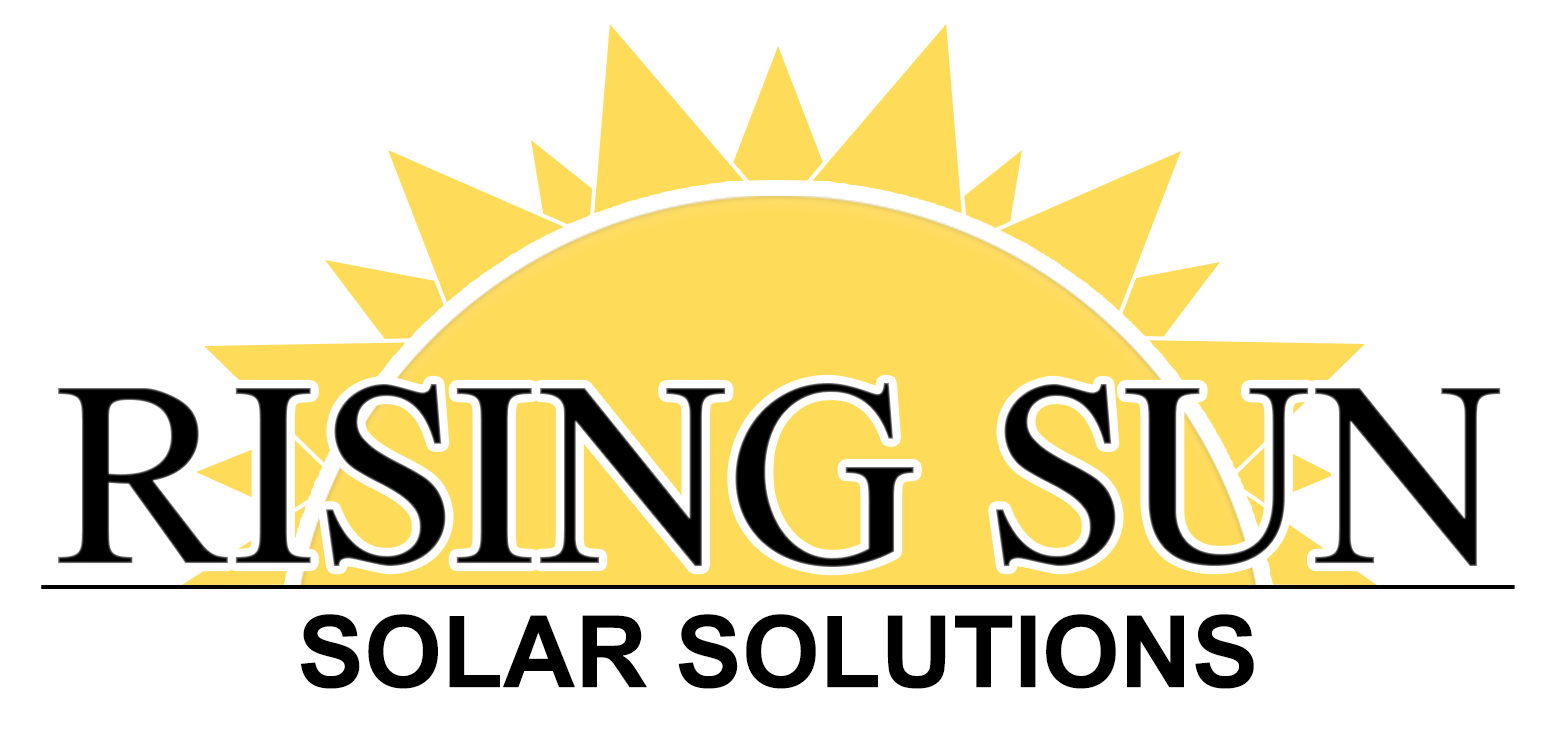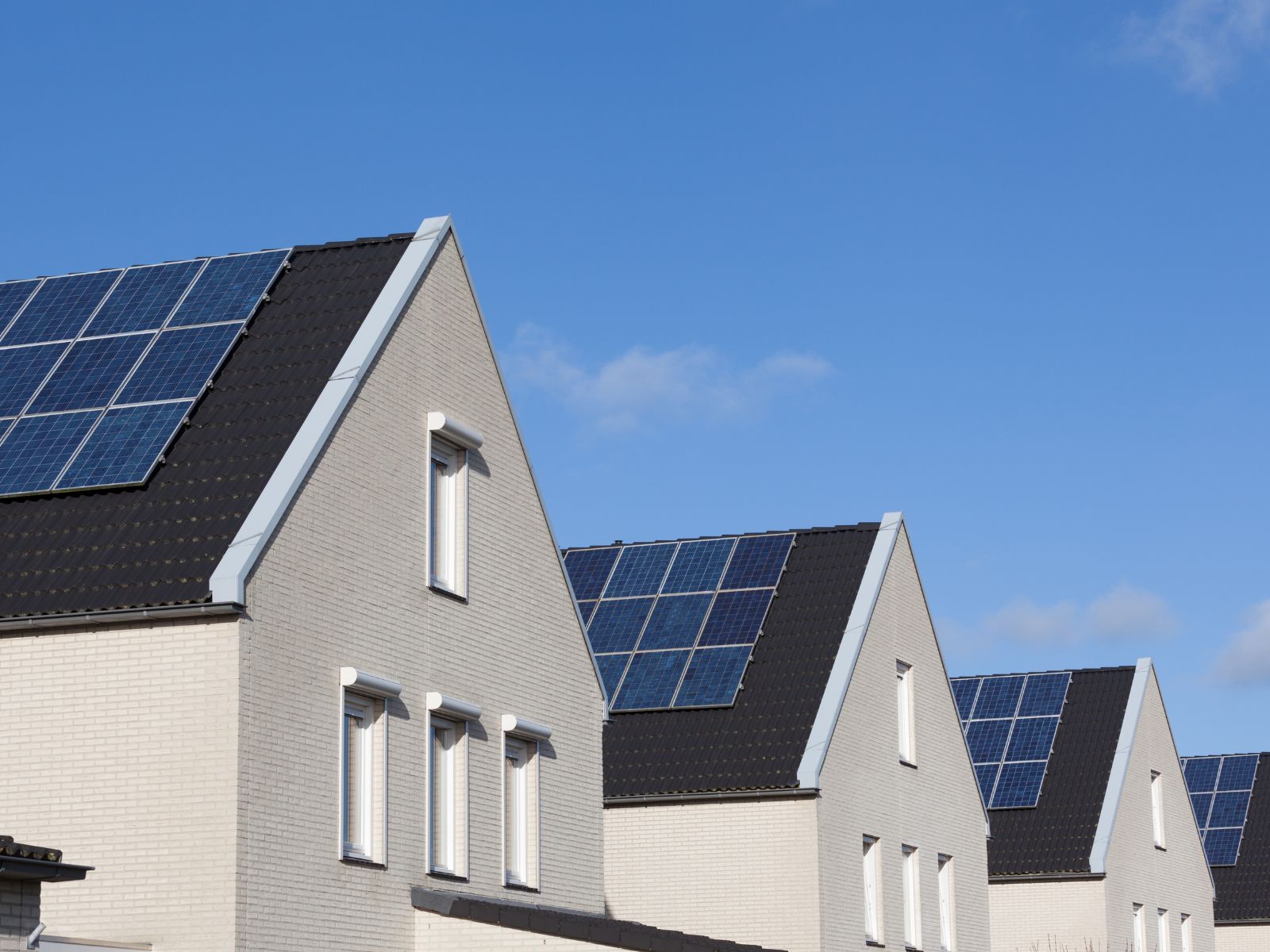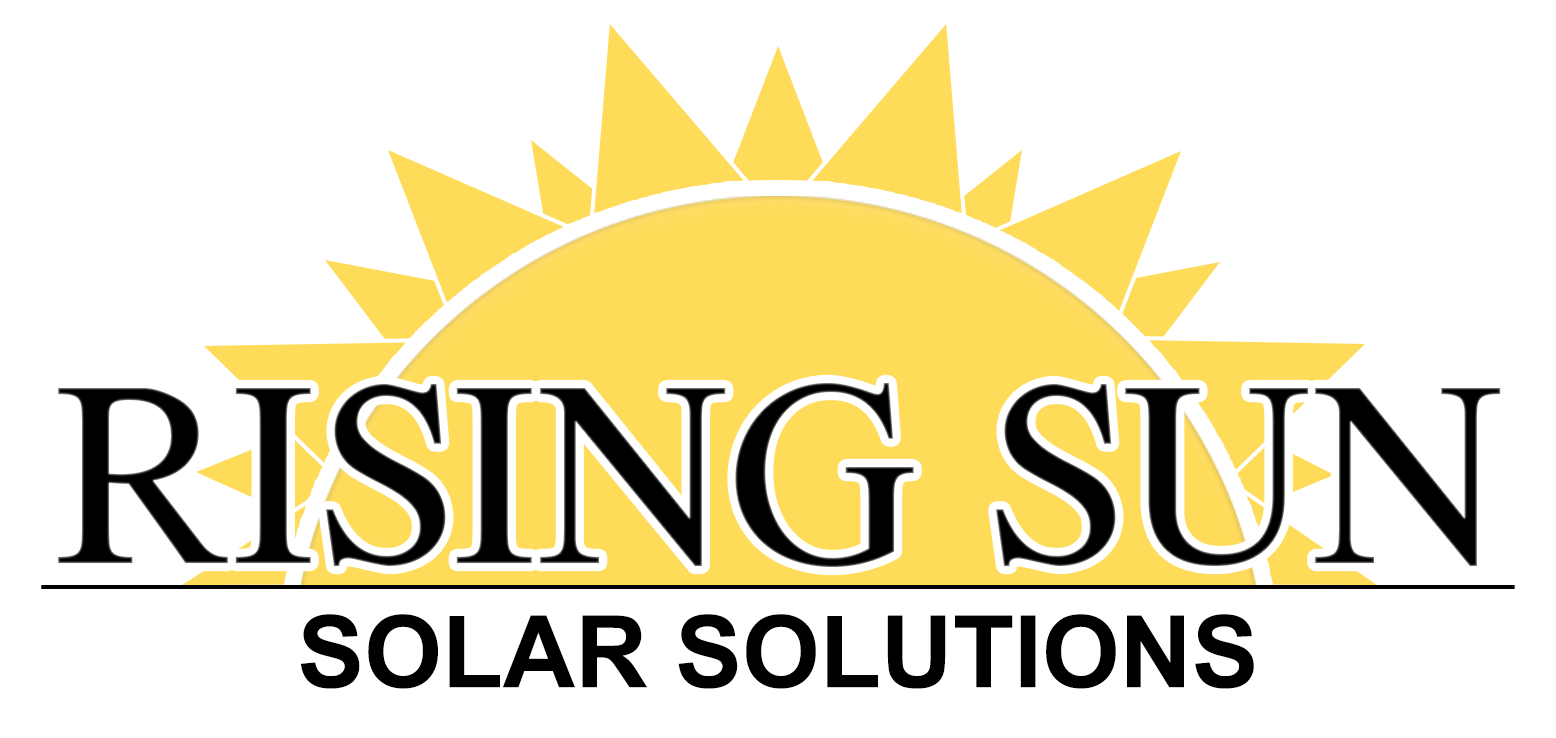Hey there future homeowners! If you’re in the market for a new abode and are considering going green, you might be thinking about purchasing a house with solar panels.
And with over 3.2 million homes now with solar panels installed, it is more likely than ever that you will find one during your house hunt. When you do, you may be unsure whether it’s an asset or another responsibility.
It’s a decision that comes with both perks and considerations. But, when you do your research and ask the right questions, you are sure to find the benefits outweigh any hassle.
Start by reading this guide to buying a house with solar panels and be sure to stay tuned until the end to find what to do if you decide to move.
Let the Sun Pay Your Bills
One of the most significant advantages of buying a house with solar panels is the potential to save big bucks on your energy bills. Solar panels harness the power of the sun, converting it into electricity and helping you reduce your reliance on the grid. Plus, many governments and local authorities offer solar incentives and tax breaks for installing solar panels, making your investment even more financially appealing.
Jumping Over Initial Cost Hurdles
While solar panels can be a fantastic long-term investment, the upfront cost can be a bit daunting to some, especially new homeowners. However, when purchasing a house with existing solar panels, you’re essentially inheriting the benefits without having to foot the bill for installation. It’s like getting a sweet deal on a car with all the fancy upgrades already included!
Solar Panel Maintenance Matters
Solar panels are generally low-maintenance but they’re not completely hands-off. Regular cleaning and occasional check-ups are necessary to ensure they’re operating at peak efficiency. If the house you’re eyeing already has solar panels, inquire about their maintenance history to avoid any surprises down the road.
Aesthetic Considerations
While many find solar panels sleek and modern, others might not be fans of the look. It’s essential to consider how the panels will fit into your aesthetic preferences and the overall vibe of the neighborhood. Some HOAs may have restrictions or guidelines on solar panel installations, so it’s a good idea to check those out beforehand.
What to Ask Before I Buy a House With Solar Panels
Buying a house with solar panels already installed isn’t as straightforward as you might think. There are a few questions to ask, ensuring ownership, efficiency, warranties, and more.
1. Are They Owned, Financed, or Leased?
You might assume that you own the panels if you own the house. However, this is only the case if the previous owner didn’t lease them.
A leased unit means that the panels and the energy generated are owned by a third party and you may have to buy the power that they produce from them just like other monthly-billed utilities.
On the other hand, if the solar unit was financed, then the unit is owned by the residents, but you should ensure that the loan is paid off. Otherwise, you may have to transfer the loan or ask the buyer to pay off the loan before closing on the house.
Your best option is if the previous owner paid for the solar unit in full, meaning there are no strings attached. You own the solar panels and the energy they generate.
2. Which Solar Incentives Do I Qualify For?
In most cases, if you buy a house with solar panels already installed, then you won’t get many of the incentives offered by the federal and local governments. These incentives are valid for the initial purchase of solar panels and are issued within the same year of installation.
However, there are still a few incentives to take advantage of when buying a house with solar panels. For example, you can still earn Solar Renewable Energy Credits (SRECs), which use your excess energy to be sold back to utility companies for them to meet local energy requirements.
You can also take advantage of net metering when you send excess energy back to the grid in exchange for utility bill credit.
3. Who Installed the Solar Panels and When?
Knowing if a licensed solar energy company installed the solar panels will ensure that they were certified and that permits were obtained.
You can also contact the installer to understand the warranty and guarantee information. This will tell you when the unit was installed and if they are still under a manufacturer or installation warranty.
Using the same installer for maintenance and repairs may reduce the cost if under warranty and be a great resource for future expansion projects, including more solar panels, backup batteries, or EV hookups.
4. What is the Condition of the Roof?
The solar unit isn’t the only structure that you should have inspected before buying a house with solar panels.
If the roof is in poor condition then the solar panels need to be removed for the roof to be fixed and reinstalled. This can be a costly project so be sure to have a home inspector check under the panels for roof damage.
You can get a professional solar panel installer like Rising Sun Solar Solutions to remove and reinstall the panels to ensure it is done right. Never assume a roofing company can and will handle the solar panel part of the job.
5. What is the Energy Output of the Solar Panels?
Knowing how much energy does a solar panel produce in your future home will help determine the capacity of your unit.
Compare the energy output of your unit to the estimated electrical usage of the house to see how much it will offset your energy bill. This will allow you to calculate your energy costs and the potential savings when choosing a home with solar panels.
Selling Your Solar-Powered Haven
If this is your first home or you know that you will move to another residence in the future, then you should also consider its resale value.
Listing a house with solar panels can actually be a major selling point. Eco-conscious buyers may be attracted to the idea of a home with lower energy bills (just like you were) and a chance to embrace renewable energy. In fact, a study by Zillow found that houses on the market with solar panels sell for about 4% higher than ones that don’t.
This means that your home with solar panels is a worthy investment when the tables have turned.
What to Consider When Selling a House With Solar Panels
Just like buying a solar home, you also need to follow some guidelines when selling your solar panel house.
- Highlight the Savings: When putting your solar-powered palace on the market, make sure to emphasize the potential cost savings on energy bills. This can be a significant selling point for environmentally-conscious buyers.
- Paperwork Matters: Keep all the documentation related to your solar panel installation handy. Prospective buyers may want to review maintenance records, warranties, and any information about the system’s performance.
- Understand the Lease or Loan: If you’ve financed your solar panels through a lease or loan, ensure that potential buyers are aware of the terms and conditions. Transparency is key to a smooth home-selling process.
- Appraisal Considerations: Understand that not all appraisers may fully comprehend the value of your solar investment. Providing them with relevant information about your solar panels can help ensure a fair appraisal.
A Home Now and an Investment for the Future
In the grand scheme of things, buying a house with solar panels is a forward-thinking and eco-friendly choice. It can save you money, reduce your electrical consumption, and potentially make your home more attractive to future buyers. So, if you’re ready to harness the power of the sun, consider making your next home a solar-powered sanctuary.
If you find that perfect home with or without solar panels, be sure to contact us for services like installation, roof repair removal, maintenance, solar panel extensions, battery backups, and EV hookups.


